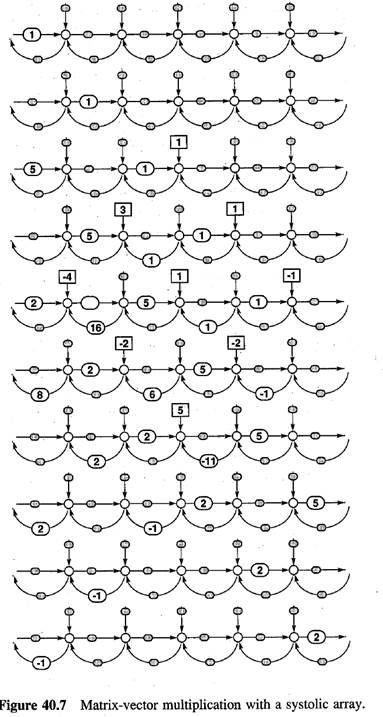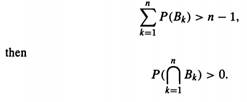1 How Would You Improve The Simple Evaluate Multiply Interpolate Algorithm For Multi 2538347
1. How would you improve the simple evaluate-multiply-interpolate algorithm for multiplying together two polynomials p(![]() ) and q(
) and q(![]() ) with known roots
) with known roots ![]()
![]()
2. ![]() a set of N real numbers at which a polynomial of degree N can be evaluated using substantially fewer than N2 operations.
a set of N real numbers at which a polynomial of degree N can be evaluated using substantially fewer than N2 operations.
3. Find .a set of N real numbers at which a polynomial of degree N can be interpolated using substantially fewer than N2 operations.
"Looking for a Similar Assignment? Get Expert Help at an Amazing Discount!"





